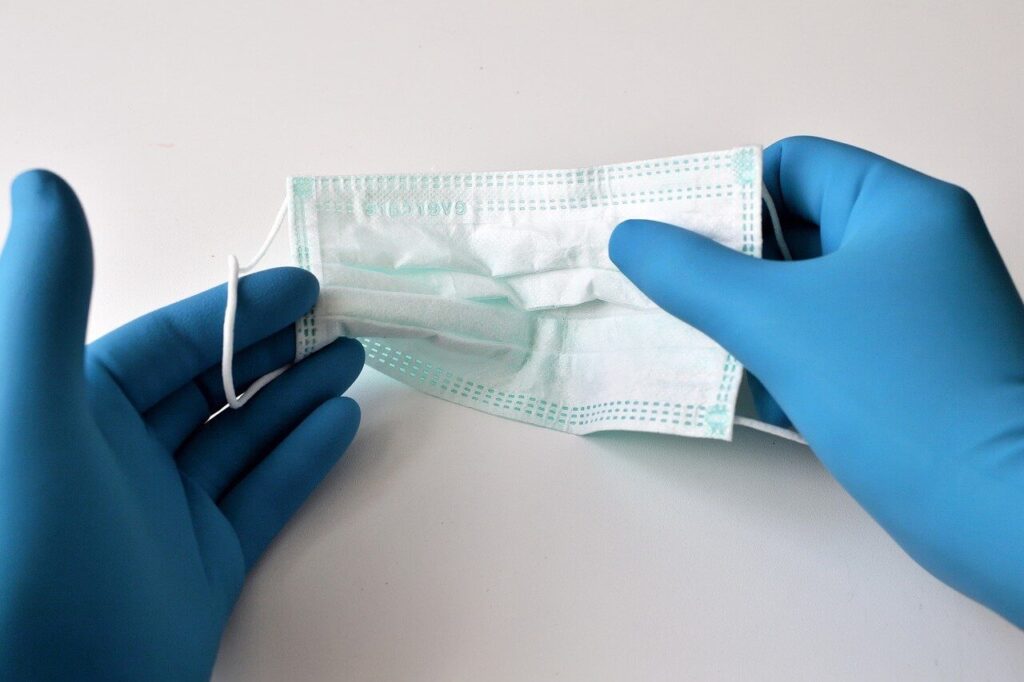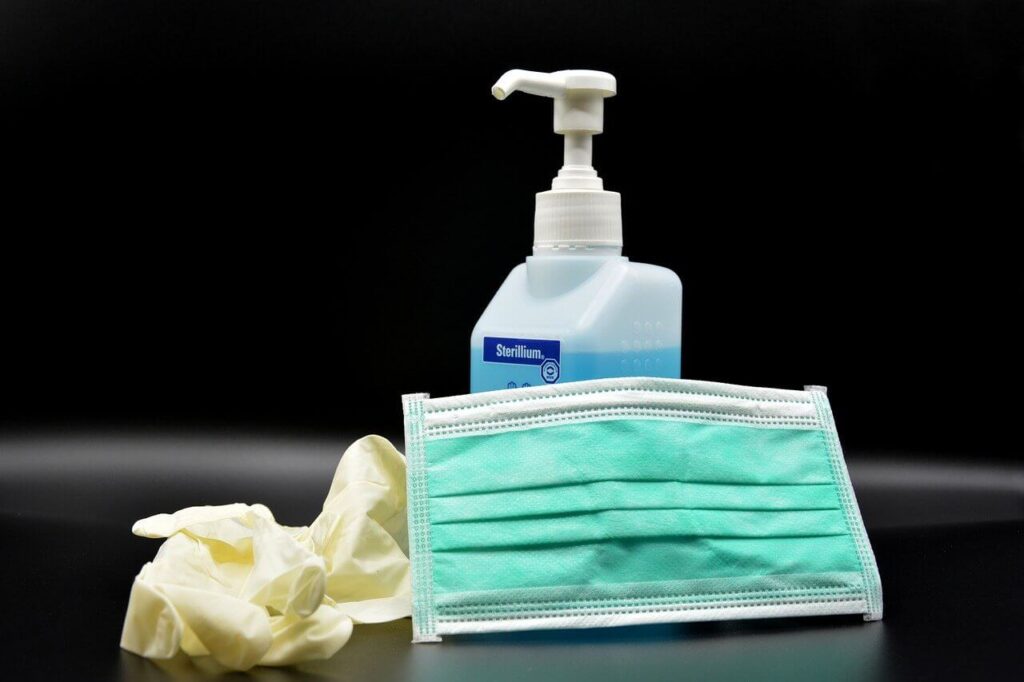Airborne diseases are a type of disease that is transmitted through the air. These types of diseases can be caused by viruses, bacteria, fungi, and parasites. Some airborne diseases include influenza, measles, and tuberculosis.
Airborne infections are more common in the winter because more people have been around other sick people during this time of year. However, these infections can occur at any time of year.
With the Pandemic behind us, the majority of people are hipper aware of the potential risks and ways to prevent airborne diseases from entering your body. However, for those who are still unsure, here are four health tips on preventing airborne diseases from affecting our bodies.

Ensure good and clean air
Bad air is a health hazard, and it’s not just in the outside world that we need to worry about. Inside our homes, there are many ways for airborne bacteria and viruses to accumulate on surfaces. But keeping your space clean can help you avoid sickness or infection caused by those harmful particles. Cleaning isn’t always enough though; sometimes you have to go one step further by airing out spaces regularly so they don’t become dusty again before the droplets of bad air from cleaning time dry up. Many diseases like the airborne spread of c-diff can find their way into our bodies and disrupt our immune systems because of the lack of good air. This is one of the most pervasive pathogens people can get infected by, especially in hospitals. Because of this, many areas in the medical field have good HVAC systems combined with germicidal UVC light systems.
Get vaccinated
The best way to prevent most airborne diseases is to get vaccinated against them. This is especially important for people who work with or around large numbers of people, like healthcare workers. But even if you don’t fall into that category, getting vaccinated can help protect you from serious illnesses like the flu, meningitis, and pneumonia. Some of these vaccines are offered as part of routine checkups, while others may require a special appointment. Check with your doctor to see which ones you should consider getting.
It is also important to keep in mind that even with a vaccine you still can have any pathogens enter your body, take Covid-19 for example. Your body’s immune system may react mildly so you really won’t feel any consequences and negative effects, but you can still transmit the disease to others if you don’t properly isolate yourself. This means that you will still be contributing to the spreading of the illness (in case it is contagious, but most airborne viruses are not).
Wash your hands
This one goes without saying, but it’s still worth mentioning because it’s so important. Washing your hands regularly and thoroughly is one of the best ways to prevent the spread of germs, and that includes both airborne and surface-borne diseases. Be sure to wash with soap and water for at least 20 seconds, or use an alcohol-based hand sanitizer if water isn’t available. Germs are everywhere, and they love to accumulate on our hands. By washing them often, we can help reduce the number of bacteria and viruses that enter our bodies through our mouths and noses. It’s especially important to wash your hands after you’ve been in a public place, before you eat, or after you’ve been handling raw meat.
Cover your nose and mouth
When you’re in a public place and you feel a sneeze or cough coming on, it’s important to cover your nose and mouth with a tissue. This will help keep the germs from spreading to other people in the area. If you don’t have a tissue, coughing or sneezing into your elbow can help as well. And of course, it’s always important to wash your hands regularly with soap and water (or use an alcohol-based hand sanitizer) to keep them clean. And if you’re sick, try to stay home so you don’t spread your illness to others. If you have to be around people, wear a face mask to help prevent the spread of droplets containing your germs.

The human race is constantly working to combat airborne diseases that are a major threat in our world. We have learned over time how the pandemic forced measures on all of Earth’s inhabitants, and created methods for prevention from any disease-causing germs. In this article, we’ve covered 4 tips that can help you prevent yourself or your loved ones from contracting an airborne illness like c-diff or pneumonia. These four steps include: getting vaccinated; washing your hands regularly with soap and water (or using alcohol-based hand sanitizer); covering your nose and mouth when sneezing/coughing; staying home when sick so you don’t spread it to other people around you. Hopefully, these will be helpful as a part of your strategy against air-borne pathogens.








